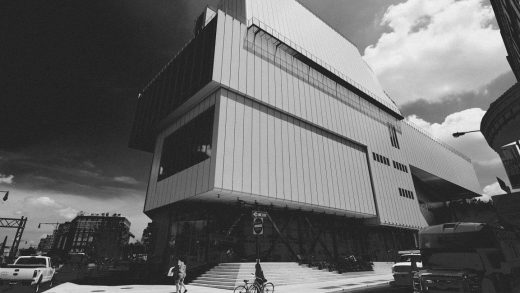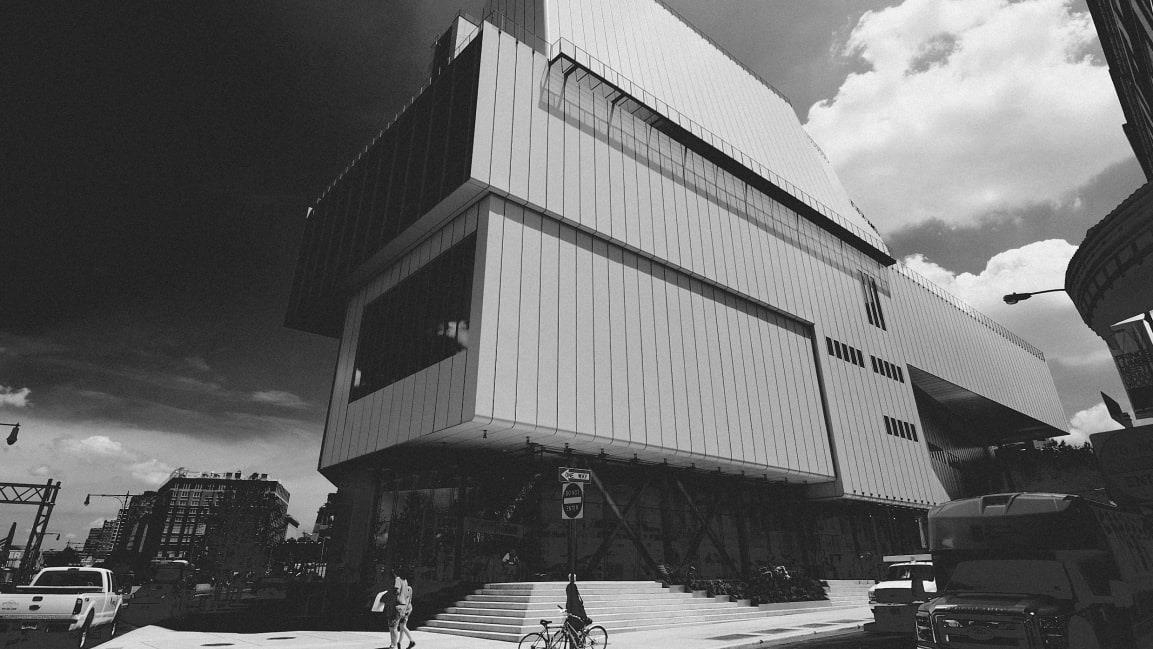The Whitney said it supported Black artists. Then it did something super shady
In June, major art institutions across the country released statements in solidarity with Black Lives Matter, along with promises to improve representation of people of color. The latest move by the Whitney Museum shows how far the industry still has to go.
To back up a little, on Juneteenth of this year, See in Black launched a fundraiser to sell prints by Black photographers. The goal was to highlight the Black experience through a variety of lenses; the prints were sold for $100 each, with the proceeds going to nonprofits working toward Black advancement. Over the course of the two-week sale, the Whitney bought an undisclosed number of these prints.
Then, in late August, the museum informed the photographers whose work it acquired that their prints would be featured in an upcoming September exhibition, per a screenshot posted by photographer Gioncarlo Valentine on social media. The email noted that in “recognition” of the photographer’s work, they’d also get an “artist lifetime pass” for the museum. The email did not mention any additional compensation for the artists.
Horrified to hear that the @whitneymuseum has reached out to a slew of Black photographers informing them that prints acquired via the first See in Black print sale — meant to be a fundraiser for Black social justice orgs — will be exhibited as part of a show opening in 3 weeks. pic.twitter.com/k9Tus5mkUb
— Women Photograph (@womenphotograph) August 25, 2020
To many on social media, this screamed of exploitation, as a well-funded institution took advantage of discounted artwork meant for fundraising, which the artists received no compensation for.
The controversy comes amid renewed efforts by the art world to correct for decades of underrepresentation of people of color in the field. The art world is notoriously monolithic: a 2018 study revealed that 75% of artists in major U.S. museums were white men and just 1% were women of color. After the death of George Floyd, who was killed by a Minneapolis police officer, Whitney Director Adam D. Weinberg issued a statement outlining how the museum would “go further and do more” to increase racial diversity at the institution (25% of the Whitney’s full-time curatorial staff self identified as people of color in 2018, according to the New York Times).
In the wake of the outcry, the museum announced that the exhibition, called Collective Actions: Artist Interventions in a Time of Change,” has been cancelled. “We have heard the artists who have voiced their concerns. We apologize for how we handled the exhibition and the pain and frustration it caused,” the museum said in a statement on Twitter. (The Whitney Museum did not respond to a request for comment regarding the purchases, intended use, or if it plans to engage with the photographers further.)
In a bout of dark irony, an exhibition that was meant to “showcase the critical role of artists in documenting moments of seismic change and protest” did the opposite. Rather than highlight Black artists as critical, the means of acquisition “preyed on” them, according to Valentine. People argued that the fact that the museum curated the exhibit without engaging the artists up front and purchasing their work at market rate stripped their voice and agency. And it became a signal of what still needs to change.
While See in Back declined to comment for this story, it issued a statement in response to the Whitney’s planned use of the prints: “The Whitney’s use of the works…constitutes unauthorized use of the works to which the artists do not consent and for which the artists were not compensated.” If the Whitney wants to show that is “Stands with Black communities,” per its June statement, showing work isn’t enough. It has to pay for it.
Fast Company , Read Full Story
(24)



